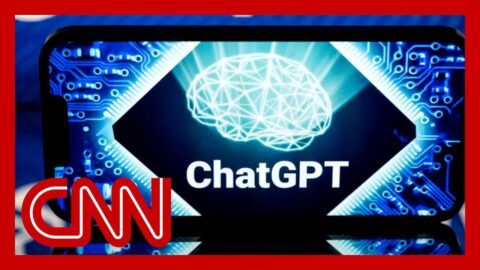What is the role of artificial intelligence in healthcare? AI deep learning could improve medical decision making, optimise data, and speed analysis. But what are the ethical implications and bias pitfalls of AI in medicine? We try to answer some of these questions in this webinar.
Bioethics Today is a series of webinars exploring ethical questions about current events, news, and other bioethics topics.
Moderator: David Magnus PhD
AJOB Editor-in-Chief
Panelists: Michelle Mello JD PhD
Niranjan S. Karnik MD PhD
Michael Abramoff, MD, PhD
Danton Char MD
Check out our reading list:
‘Identifying Ethical Considerations for Machine Learning Healthcare Applications’ by Char et al.
Open Commentaries:
Follow us on twitter:
Panellists bio:
Michelle Mello, J.D, PhD, is a Professor of Law at Stanford Law School and Professor of Medicine at Stanford University School of Medicine, where she conducts empirical research into issues at the intersection of law, ethics, and health policy. She is the author of more than 200 articles on medical liability, public health law, the public health response to COVID-19, pharmaceuticals and vaccines, biomedical research ethics and governance, health information privacy, and other topics. She holds a J.D. from the Yale Law School and a Ph.D. in Health Policy and Administration from the University of North Carolina at Chapel Hill.
Niranjan S. Karnik, M.D., Ph.D. is the Cynthia Oudejans Harris, M.D., Professor of Psychiatry & Behavioral Sciences and Associate Dean for Community Behavioral Health at Rush Medical College with a conjoint faculty appointment in the Department of Community, Systems and Mental Health Nursing at the Rush College of Nursing. He also serves as Director of the Great Lakes Node of the National Drug Abuse Treatment Clinical Trials Network. His research focuses on technology and community-based interventions for high-risk populations with psychiatric and substance use disorders
Michael Abramoff, MD, PhD, Fellow IEEE, is a practicing retina specialist, neuroscientist and computer engineer. He is the Watzke Professor of Ophthalmology at the University of Iowa, with joint appointments in the College of Engineering. He is also founder and executive chairman of Digital Diagnostics, the autonomous AI diagnostics company that was the first in any field of medicine to get FDA clearance for an autonomous AI. Author of over 300 peer-reviewed publications, he has been cited over 34,000 times, and is inventor on 17 issued patents. His lifetime goal is to increase healthcare access and decrease healthcare inequities through autonomous AI, by lowering cost, and improving productivity and quality
Danton Char, MD, is an Assistant Professor in the Department of Anesthesia, Perioperative and Pain Medicine at the Stanford University School of Medicine and a Pediatric Cardiac Anesthesiologist at Lucile Packard Children’s Hospital. His research focuses on ethical issues arising in the care of critically ill neonates, infants and children, particularly children with congenital cardiac disease. His long-term goal is to continue to identify and address ethical concerns associated with the implementation of next generation technologies to bedside clinical care, like whole genome sequencing and its attendant technologies like machine learning.


 #shorts #minecraft
#shorts #minecraft








